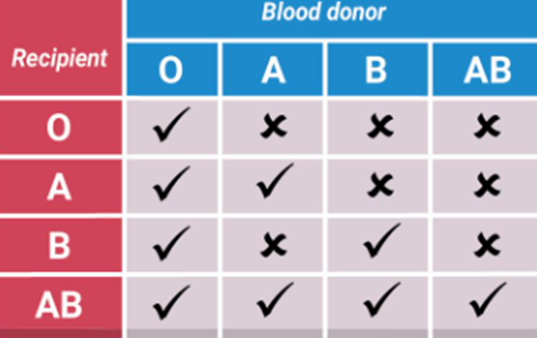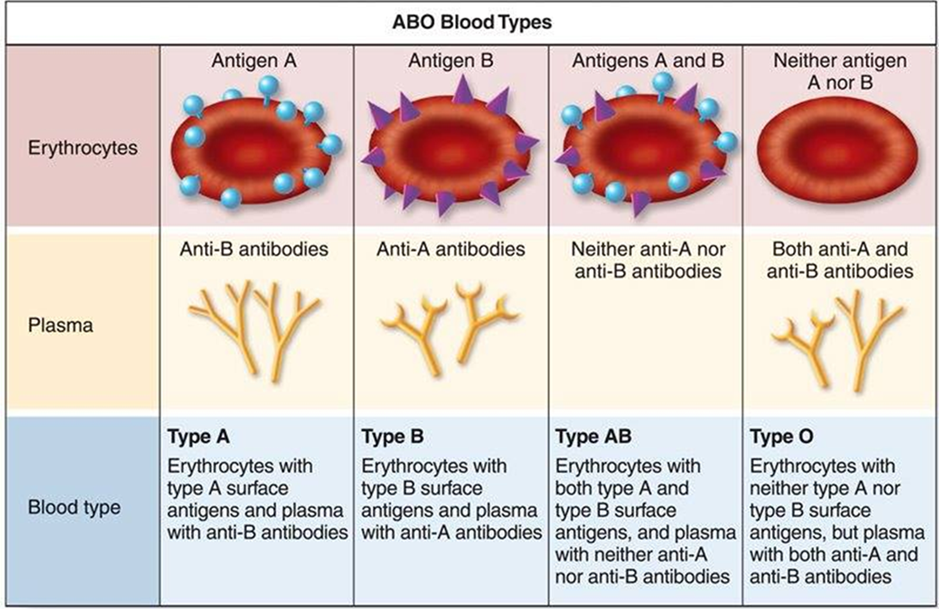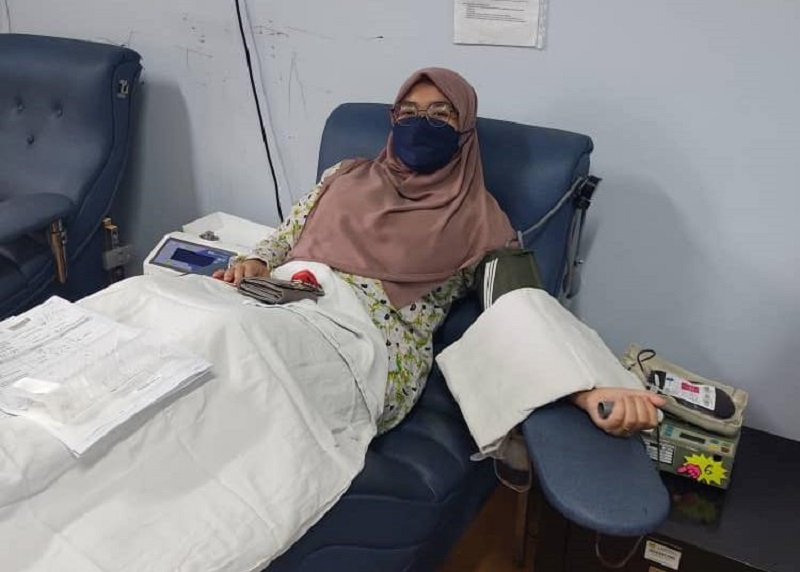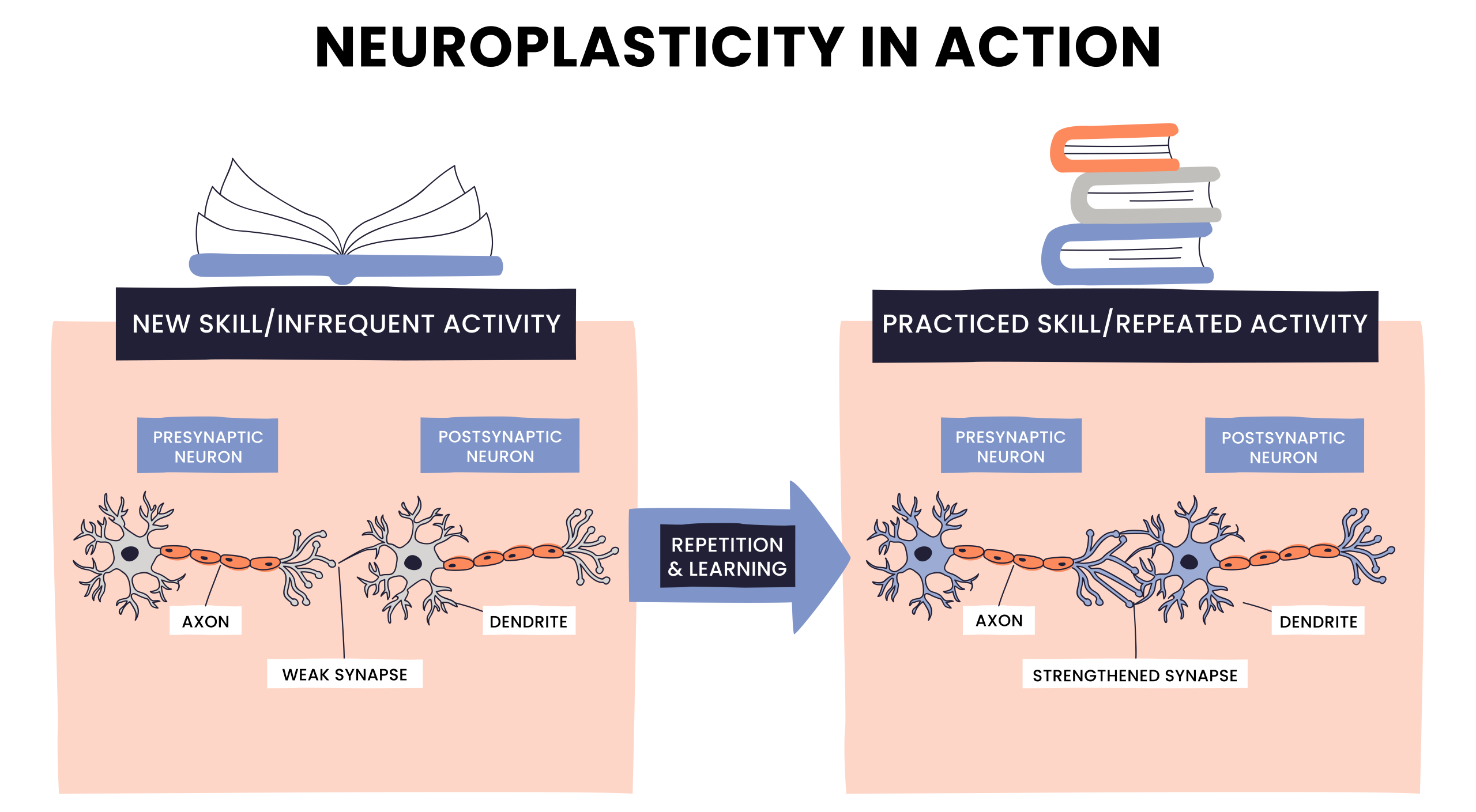Blood is the lifeline of the human body, playing a crucial role in transporting oxygen, nutrients, and waste products. However, not all blood is the same. Blood grouping is a fascinating and vital aspect of biology and medicine that helps ensure safe transfusions and organ transplants. You will be surprised after exploring the basics of blood groups, their significance, and some interesting facts that showcase how remarkable this life-sustaining fluid truly is. Let the journey begin…..
The Basics of Blood Groups
The concept of blood groups was first discovered by Karl Landsteiner in 1901, earning him the Nobel Prize in Physiology/Medicine. Our blood is categorised into groups based on the presence or absence of specific antigens on the surface of red blood cells (RBCs). Antigens trigger immune responses, and their composition varies between individuals.
The two primary blood grouping systems are:
The ABO System
The ABO system categorises blood into four main types:

Rh System
The Rh system is determined by the presence (Rh-positive) or absence (Rh-negative) of the Rh factor, another antigen on RBCs. For instance, a person with A-positive blood has A antigens and the Rh factor, while someone with A-negative lacks the Rh factor.
Does Blood Grouping Matter?
Safe Blood Transfusions
Transfusions require compatibility between donor and recipient blood to prevent adverse reactions. For example, a Type A person cannot receive Type B blood as the anti-B antibodies in their plasma would attack the incoming RBCs, which would cause the cells to clump in a process known as agglutination.
Pregnancy and Rh Incompatibility
A Rh-negative mother carrying a Rh-positive baby can face complications due to Rh incompatibility.
Organ Transplants
Blood group compatibility is crucial for successful organ transplants, as mismatched antigens can lead to organ rejection.
Personalised Medicine
Certain blood groups are linked to susceptibility to specific diseases, influencing medical treatments and preventive strategies.
Interesting Facts About Blood Groups
Rare Blood Types
The rarest blood type in the world is Rh-null (without all possible antigens), also called “golden blood,” with fewer than 50 known individuals globally. Locally, a Terengganu woman is among the few people in the world with this rarest blood type. It became an online sensation and was the topic of the town a few years back.
Blood Type and Personality:
In Japan, people often associate blood types with personality traits. For instance, Type A is seen as organised and meticulous, while Type O is considered more outgoing and confident.
Get to Know Your Blood Group
Determining your blood group is simple and involves a test where your blood is mixed with antibodies against A and B antigens. Observing whether the blood clumps help identify your group. Blood grouping is typically performed in hospitals, blood donation drives, or specialised laboratories.

Conclusion
Whether you’re a universal donor or have a rare blood type, understanding your blood group is crucial, as it might even reveal some surprising connections to your health and heritage. So, the next time you hear someone mention blood groups, reflect it with your blood group. If not, visit the National Blood Bank or any blood donation campaigns to donate your blood!
Dr Lee Tze Yan is currently a senior lecturer and researcher in biomedical science at Universiti Kuala Lumpur, Institute of Medical Science Technology under the Clinical & Biomedical Laboratory Science Section.





